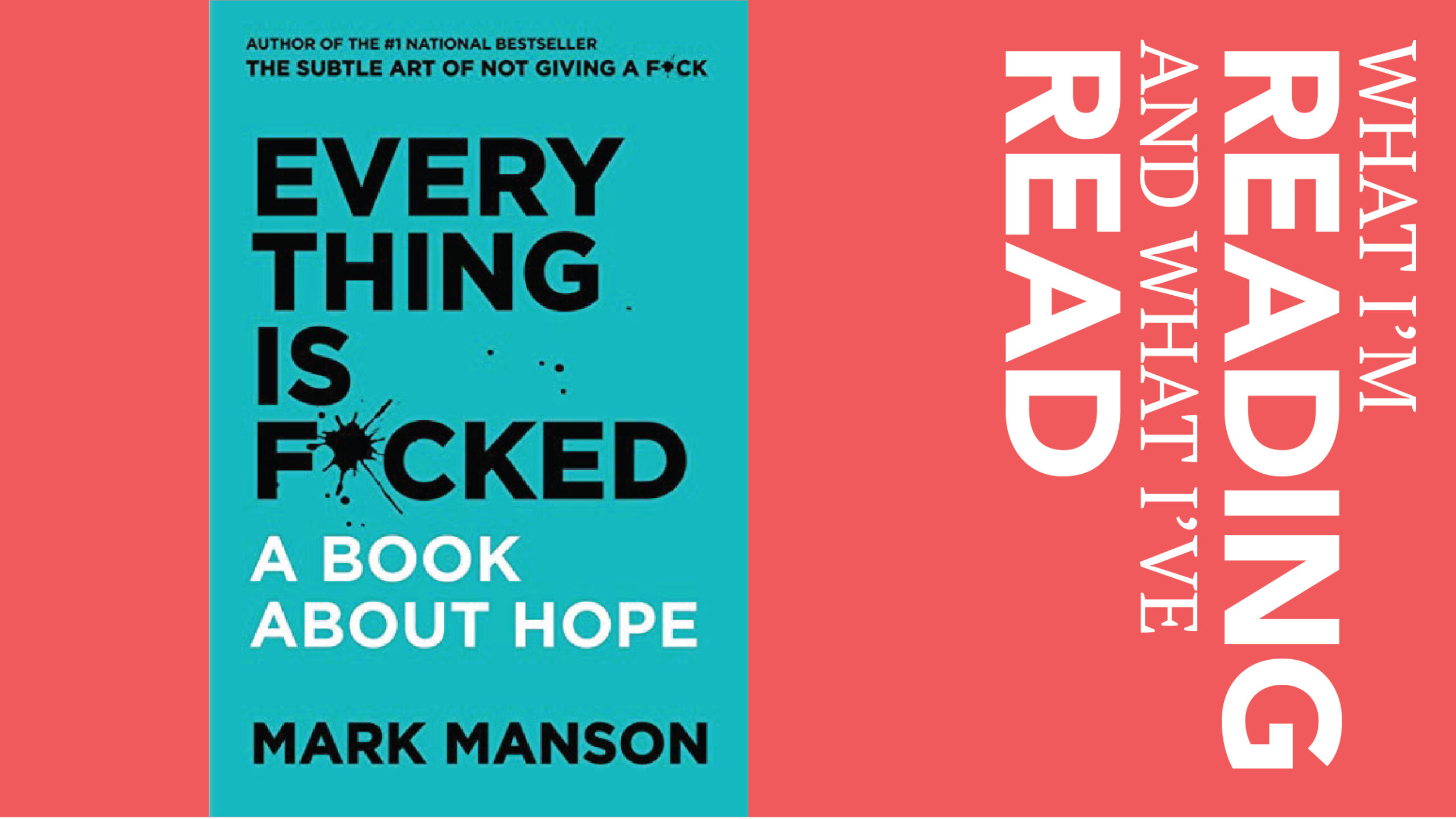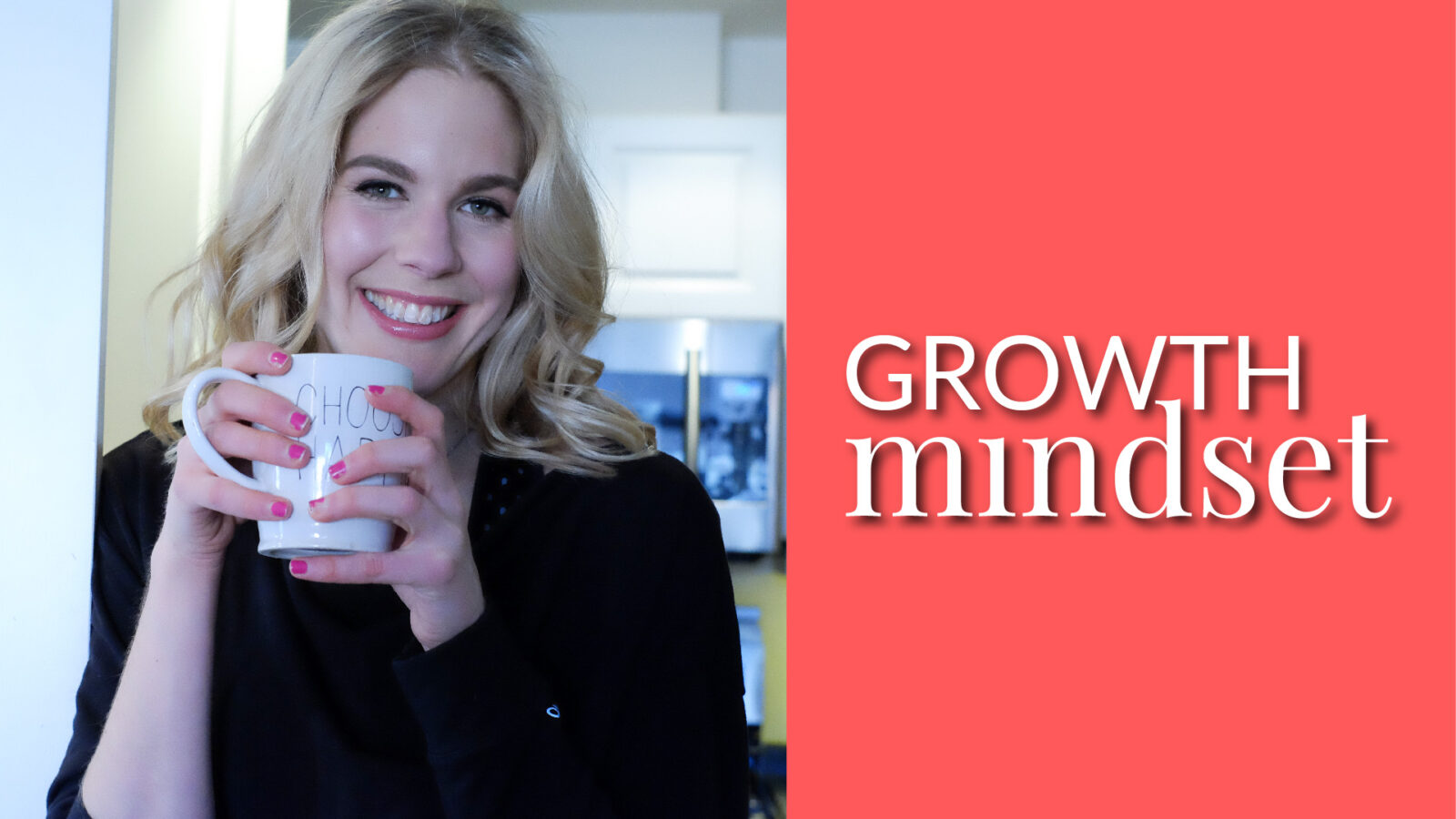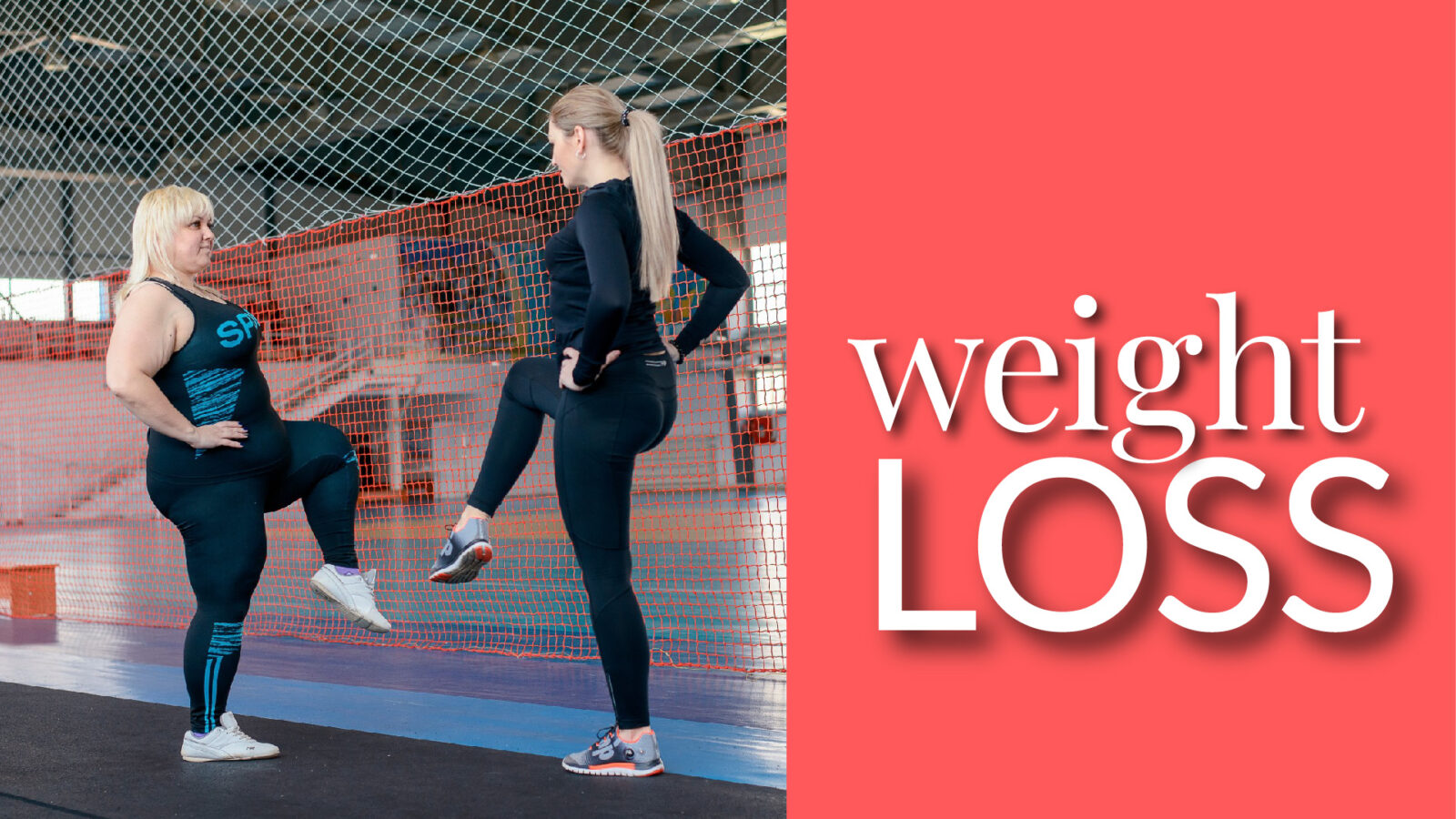Book Review: Everything Is F*cked. A Book About Hope by Mark Manson

Mark Manson, the man who brought us The Subtle Art of Not Giving A F*ck, is back with another F-bomb infused anti–self-help self-help book. His slightly in-your-face titles aside, his main take-aways are typically what I would deem “pass on–able” — my litmus test for writing a review.
The main take-away that binds all of the following concepts is that most of us can’t stay on our health horse (in Kathleen speak) because we are living in an emotionally deregulated “clown car.” We may believe our rational brain is driving the “car” of our life, but in reality we exist in a car controlled by our emotional brain — we are simply using our thinking brain to rationalize our emotionally charged actions (late-night eating, drinking, skipping the gym, etc.).
Too many of us look for intellectually driven, rational solutions (diet plans, etc.) when our unhealthy habits (overeating, etc.) are actually based in emotion.
Until we learn the skill of observing and acknowledging moments where our emotions are driving our car recklessly, and work to call bullshit on those emotions when needed, we will FOREVER be stuck in our unhealthy habits.
I know. This is a big “WTF?” Let me back up.
The clown car
Manson explains that we all have two brains: a thinking brain (cortex/cerebellum) and an emotional brain (limbic system/midbrain/amygdala). Conceptualize your brain as a car with two travelers — the thinking brain and the emotional brain. The thinking brain regulates conscious thought, makes calculated decisions, and is rational, but it is slower and gets fairly fatigued quickly when overexerted. The emotional/feeling brain is quick to respond, but often overreacts and is irrational. Manson described the emotion brain as the “biological hydraulics that push body into action” and the thinking brain as the “synapses in the skull” that frame and modulate our experiences.
I would describe the thinking brain as the referee who (when working well) calls bullshit on my often totally illogical, little-child–driven adult Kathleen.
Most of us believe our “thinking brain” is driving the car and that our “emotional” brain simply adds colour to our universe, but in reality our emotional brain drives, and the thinking brain gives meaning to (frames) our experiences. When working well, the meaning that we create reflects reality. When the two brains are not communicating well, the meanings created often don’t reflect our current reality.
The clown car and your health
How your two brains communicate directly relates to how well you can regulate your health. As Derek Sivers famously said, “If more information was the answer, then we’d all be billionaires with perfect abs.” More information is not the key to success — your emotional brain has to be able to feel and then the thinking brain has to frame the experience in a productive, positive, future-thinking manner.
The key take-away is that when the emotional and thinking brains don’t appropriately communicate, feelings and unconscious values and thought patterns drive the car — and you eat ALL the cookies. When your car is really clowning around, the thinking brain actually creates THOUGHTS THAT JUSTIFY YOUR BEHAVIOUR.
Your body craves a cookie (it is sad, having a sugar craving, is tired, etc.), so your thinking brain tells you that “you deserve it.” You feel angry or hurt by your spouse, so you justify that anger by thinking of all the terrible things he or she has done without acknowledging any of your less-than-top-notch actions. Your body wants to skip a workout, so you think, “It is not good to be too disciplined. I have done enough this week and life is short; I should live.”
The more emotionally intelligent we become — i.e. the better our two brains interact — the better the thinking brain can model and productively frame your emotions vs justifying them. You might still want the cookie, but the thinking brain will be able to say, “No. Your future self will be happier if you go for a walk instead.”
The value totem pole
Manson posits that we use the “value totem pole” when making choices. That is, we (often unconsciously) live by our value hierarchy — a totem pole of values. We make choices based on the “top dog” value.
This concept reinforces that we can’t solve emotionally rooted problems (drinking too much, skipping the gym, etc.) solely with rational solutions.
To change your health long-term, your values must shift. The example he gives is of a woman who initially valued “having fun and living life” above all else. The result was that she had no problem justifying drinking and staying up late. She was able to begin exercising only once her values had shifted.
Once she valued exercise, “giving up” drinking was not actually giving up anything — not only did she no longer associate fun with drinking, she no longer believed that “fun” was the most important part of life. She began to enjoy exercising and being active. Health became her “top dog” value — the value lens that all interactions were seen through. Your top values are the lenses through which you evaluate your world.
If your top value is family, it is not “giving up” anything to skip a workout to take your kids to soccer. If your top value is being active, leaving a party to go to bed so you can exercise in the morning is not “giving up” anything.
Values do not shift overnight. I morphed into the “new” me over 20 years. The teenage Kathleen did anything to get out of gym class and snuck food. The more I exercised, the more I liked the experience and how I felt afterwards. My taste buds changed with time and through consciously trying new healthy recipes. I changed my sleep patterns when I burned myself out. The change was a necessity, and now I love my new patterns. I grew to value different things because I decided health had to become my “non-negotiable.”
Value shifting is a gradual process and comes through experience. Give yourself time to evolve. “Lean in” to the fact that often you have to make yourself do what you know is right in the short term (exercise vs binge on Netflix) in order to teach your thinking AND emotional brains that you are actually a happier and heathier YOU when you move and eat well.
The moral gap
Manson has built on Newton’s Third Law (for every action there is an equal and opposite reaction) to understand our emotional “push back” — what he calls the “moral gap.”
When you feel wronged physically or emotionally you have a desire (consciously or unconsciously) to react to fill the gap. If someone punches you, your emotional brain wants to punch them back — or at least find some way to get even. (If you are in a clown car, your thinking brain creates a story to justify that punch, even if you are in the wrong and/or it is illegal.)
This moral gap extends to if someone “punches” your values and/or you feel the world as a whole has punched your values.
Let’s say you value independence and making your own decisions. Someone dares to utter a phrase like “You shouldn’t eat Y.” That “criticism” punches your values. Unless you are extremally aware (i.e., your two brains are communicating well), you will probably end up consuming whatever they have said you shouldn’t eat just to “punch back” — to close the “moral gap.” Or, when you feel angry/sad/frustrated at the world “being an asshole to you” — you feel that fate is against you — you “punch” back at this moral gap by convincing yourself that you deserve cake and/or to skip your workout and go drink with friends.
No one is saying you shouldn’t have a moderate portion of something you love or go socialize with your friends, all Manson and I are saying is, don’t react — don’t live in a clown car.
If you eat cake, do it because you consciously decide it is a good choice in that situation vs an opportunity to “even” some the moral scorecard. Any iteration on the “I deserve” mentality is simply your thinking brain rationalizing an emotional reaction.
Once again, we see that our ability to stay on our health horse is predicated on the ability of our emotional and thinking brains to communicate — our thinking brain has to be able to productively frame and call bullshit on our emotions.
The self-serving bias
The self-serving bias describes out tendency — especially when emotionally dysregulated — to assume that what “feels right, is right.” Call bullshit on that!!!!
Just because you want to skip a workout or have a cookie does not mean you should skip or binge. Just because you think something does not make it right. Just because you think something does not mean you have to act.
Learn to question your thinking brain. Step back; observe yourself. Pause. Ask yourself, “Am I simply using my mind to justify an emotion?” You have power in that pause. The pause allows you to respond vs simply react.
Main takeaway
Become aware of your two brains. Get them to communicate. Always ask, “Is my thinking brain justifying my emotional brain?” Until you can become the observer of your own life, you will always be driven by your emotional reactions vs acting in ways that will make you a happier, healthier version of you.
Self-control — or a lack thereof — is a problem of emotion. Laziness, procrastination, etc. are problems of emotions. They are not a “lack of information” issue — we all know how to be healthier. Procrastination, laziness, overindulging, and so forth are symptoms of a greater problem: the lack of skills needed to connect the dots between wanting and doing. You are living at least in part in a clown car. Laziness, a lack of self-discipline, etc. stem from problems of emotional dysregulation.
The solution? Work on regulating your car. Journal, go to therapy, read this book, reflect, etc., AND ACT! Stop listening to your brain.
Just tell yourself, “Blah blah blah … GO WORK OUT!!”
If you are curious about these ideas but not sure if you want to invest in reading or listening to the entire book, listen to Mark on the podcast Impact Theory
PS: I also recommend Manson’s first book. My favourite takeaway is that humans will always “care” — we will always give “fucks” — so the trick is to know that we only have “so many fucks” to give. Become aware enough to decide what you actually care about, and then only give a fuck about those issues.
Let go of caring about all the little annoying things that are sucking your energy — “strobe light” your attention on the few things and people who actually matter. DECIDE what matters. Focus on those issues and people.












